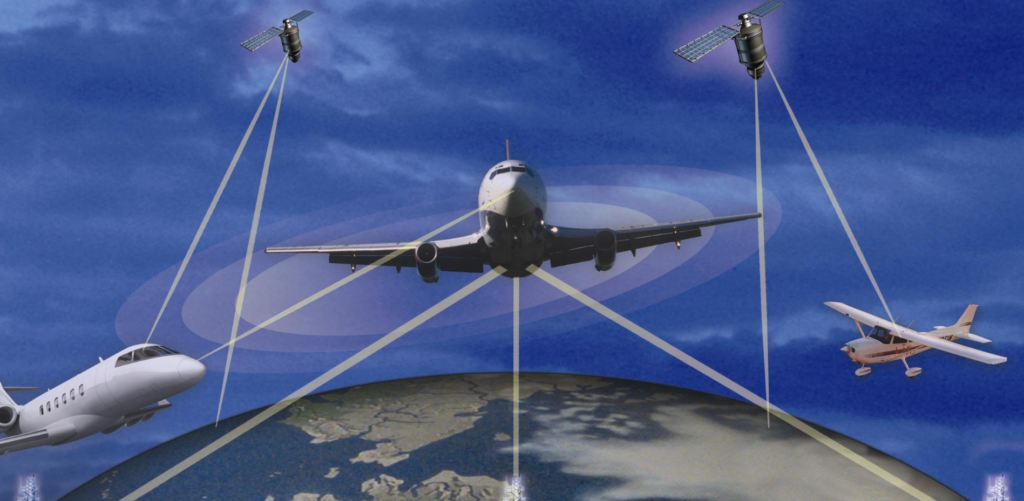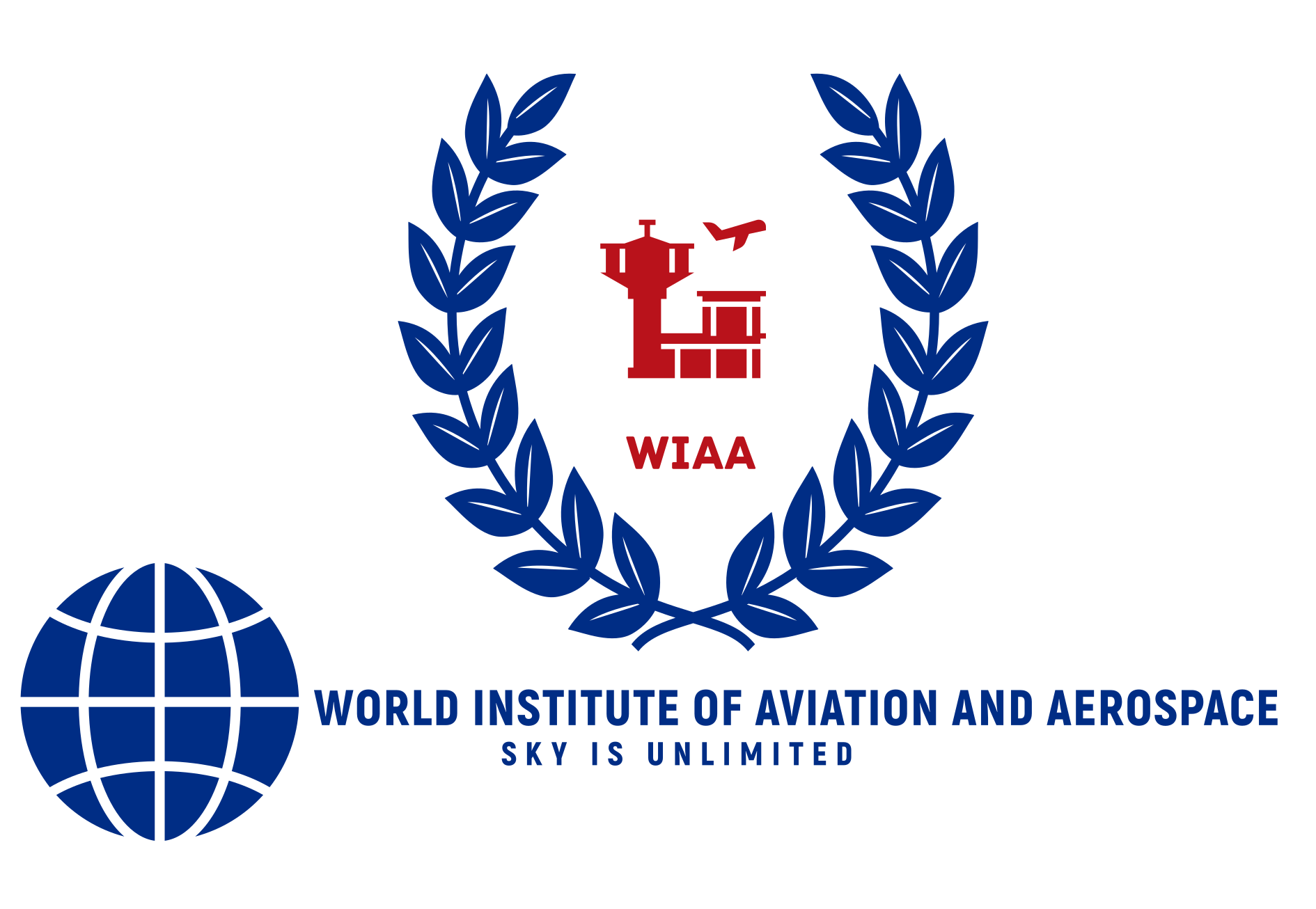Master of Science in Air Navigation and Surveillance (M.Sc. ANS)
M.Sc. in Air Navigation and Surveillance is a specialised and specific programme with the aim of providing students with specialised technical, operational, and management skills to gain a broad understanding of air navigation services and the challenges facing the sector. The core segment of ANS is bifurcated into three categories, namely Air Space Management, CNS (Communication, Navigation, and Surveillance), and AIS (Aircraft Information System), to teach and explain these critical areas and specialise in air navigation systems. Furthermore, the ANS course would teach not only rendering safe and economical air navigation and surveillance services to airspace users in compliance with state regulations but also supporting the students to explain how best the resources are optimised for gaining high-performance businesses. In addition, the students will undergo theoretical, practical, and simulator training to understand the core specifics of ANS. The key aims of the programme are
- To understand how ANS providers functions in the airspace and ground control
- To understand the importance of the ANS skill in ensuring safe and efficient passage of aircraft in their airspaces all around the world.
- To educate the importance of collaborative decision-making (CDM) for the key success of air traffic flow management (ATFM) with the involvement of en-route and airport stakeholders

Course Modules
The M.Sc . ANS integrated programme is comprised of 10 semesters with 200 credits spread over a period of five (5) years, with three one-month internships during the 3rd, 6th, and 9th semesters (2 from India & 1 from overseas). There are a total of 38 papers, of which 20, 7, 6 and 5 are core, allied, general and language papers. A research project should be submitted in the 10th semester to complete the program. WIAA offers Languages 1 and 2 to improve communication and writing skills in English. Secondly, the institute takes a special interest in teaching the three UN official languages of Arabic, French, and Spanish for better employment opportunities overseas.
Computer-based simulator training would be integrated into the course program to understand the in-depth knowledge of air traffic control systems. This training program offers a realistic training environment, covering simulation, technicalities, facilities, configuration, equipment, specifications, software, operations, and development.
Note: To become an Air Traffic Controller in India, one must obtain a “license” issued by the Directorate General of Civil Aviation (DGCA), Ministry of Civil Aviation, Govt. of India. WIAA would support assisting students through training to appear for the DGCA Exam after completing the Master’s integrated degree program of M.Sc. (ANS).

Eligibility Criteria
Candidates must have passed class 12 (10+2) from a recognised board. Physics, Chemistry, Mathematics, and English must be subjects studied in Class XII. b) Candidates must have scored above 60% average (Physics, Chemistry, Mathematics, and English) in Classes XII and X. c) 5% marks are exceptional for SC/ST. d) Above 75.0% marks scored in the Common Entrance Exam carried out by WIAA

Career Prospects
This new integrated programme will empower the students to pursue a career across various sectors in the entire aviation industry, including transport and business consultancies, airport design firms, airport operators, travel providers, air navigation service providers, and more.
Annual Salary: The M.Sc. integrated programme in ANS receives competitive salaries with an average income of 30-35k annual after completing the programme.
